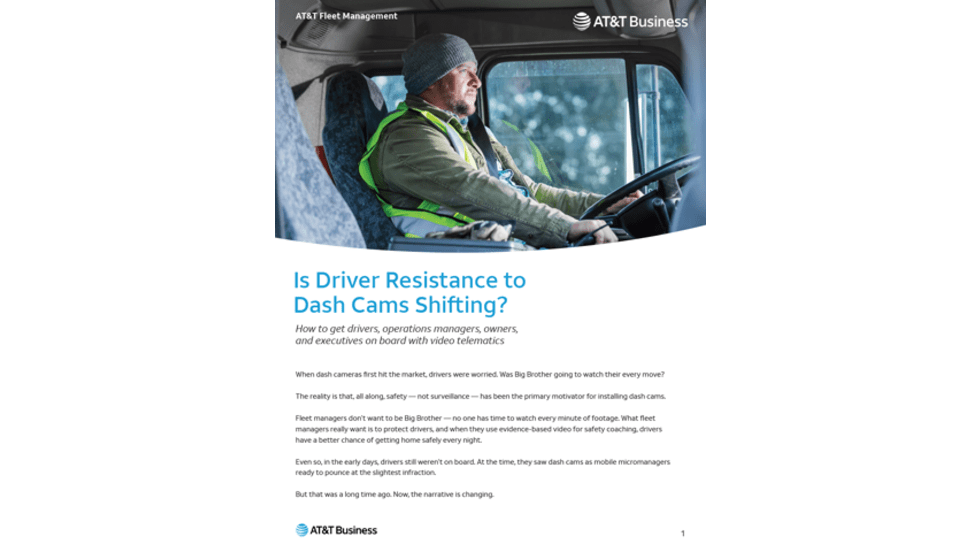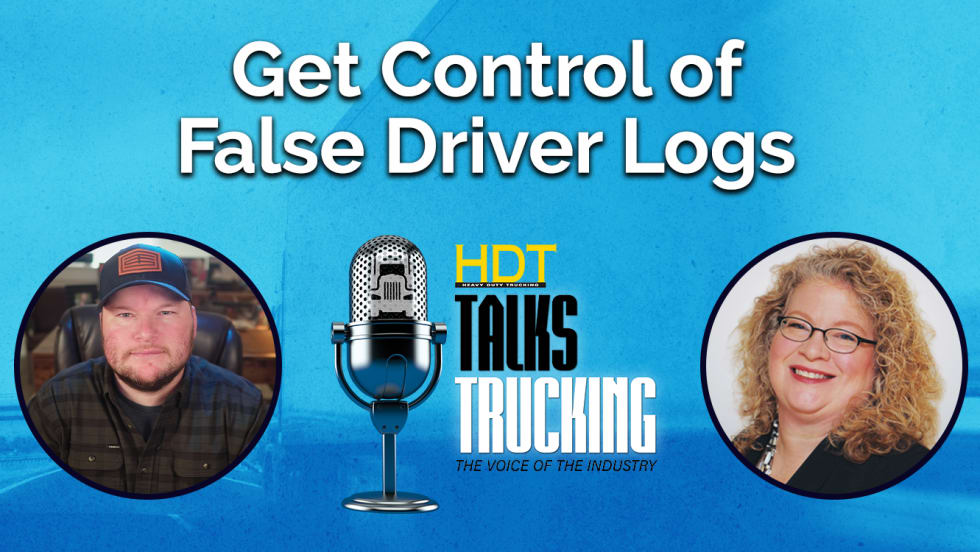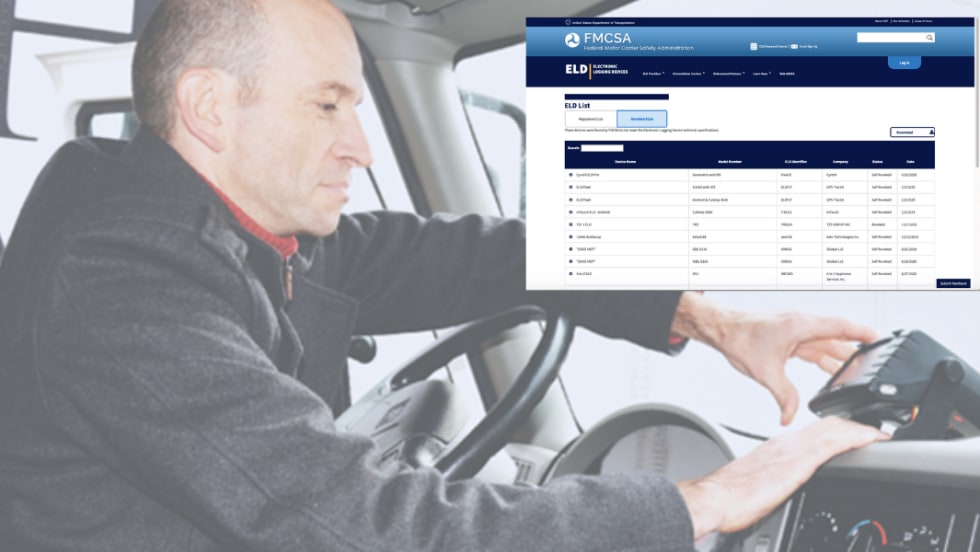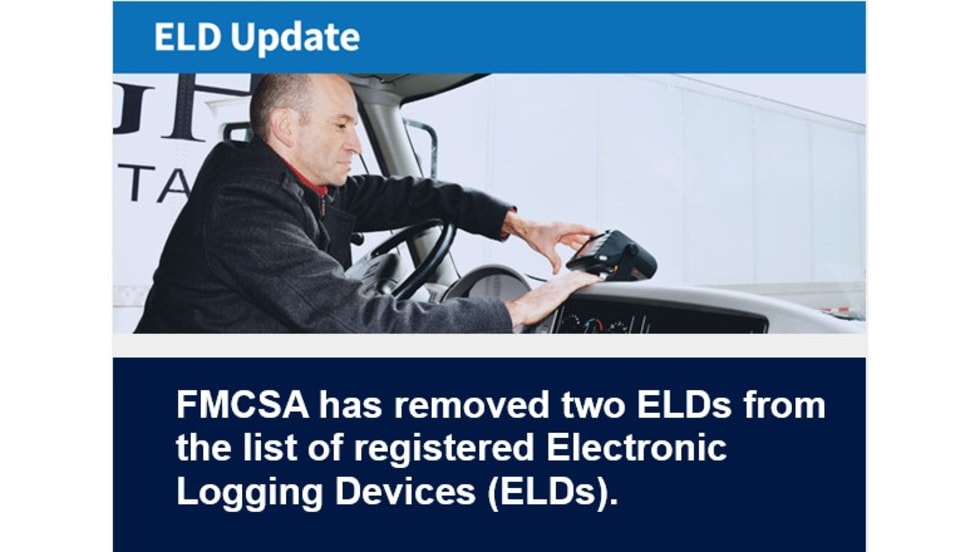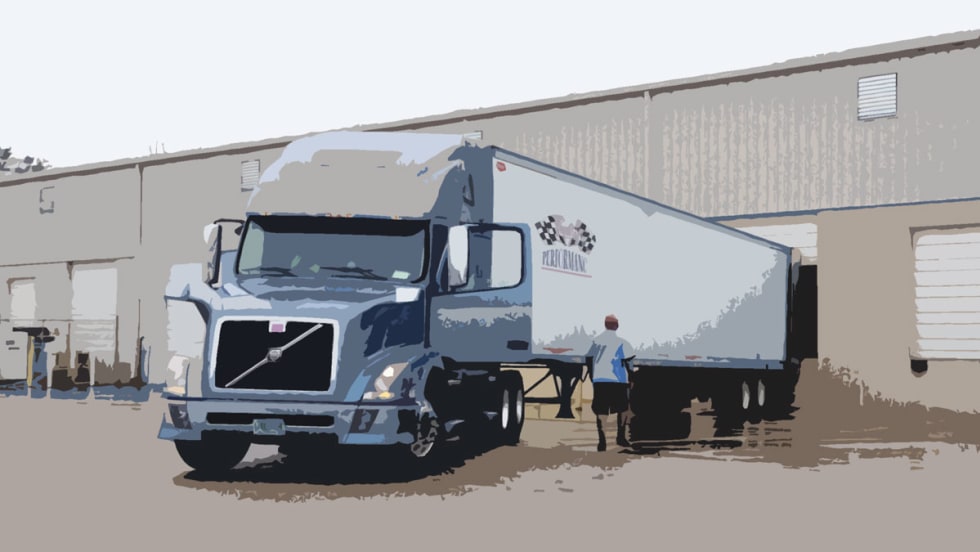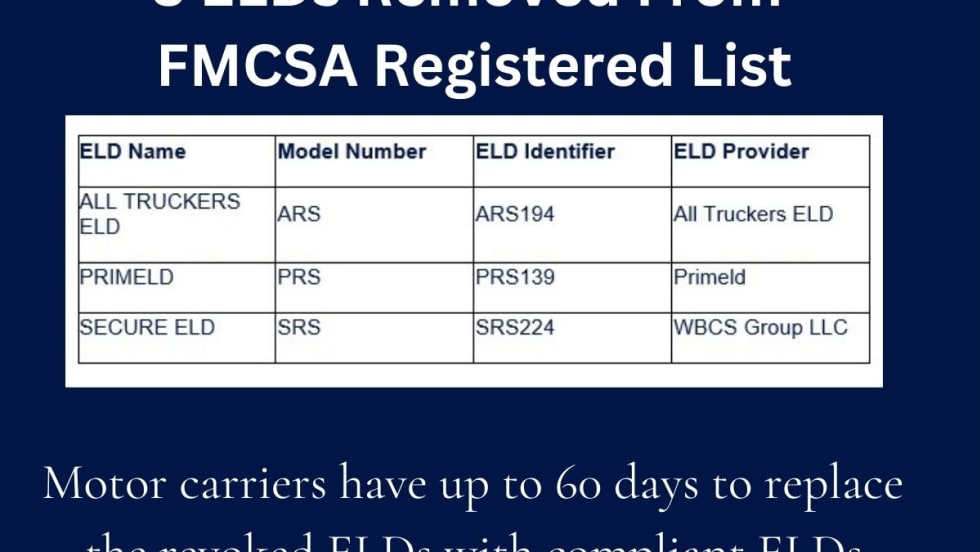Transport Canada has officially unveiled rules that will mandate electronic logging devices (ELDs), replacing long-established paper logbooks. Here are 10 key things you need to know:
1. ELDs will be mandatory as of June 2021
Draft rules had originally promised a rollout over four years, but regulators removed a grandfather clause for existing electronic recording devices (ERDs). Based on discussions with suppliers, Transport Canada has determined that the older equipment can be updated through little more than a software upgrade.
2. All Canadian ELDs will need to be certified by a third party
Details of the testing regime have yet to be unveiled, but this is a significant difference when compared to U.S. rules that leave manufacturers to self-certify equipment. Some devices introduced under the U.S. rules have been shown to be prone to tampering, letting drivers change things like the hours spent behind the wheel.
3. Existing hours of service rules, first established in 2005, remain unchanged
The only difference is that the hours themselves will be tracked using electronic methods. Some drivers and fleets argue that paper logbooks allow for some “wiggle room”, but there has never been an official allowance to change the logs.
4. Canada recorded about 9,400 hours of service (HOS) convictions per year between 2010 and 2015
About 25% of those were for exceeding maximum hours, while 11% were for operating two logs at the same time or falsifying information in a log, Transport Canada reports. About 48% of convictions were for failing to maintain or produce a daily log. Hours of service violations were in the spotlight after the fatal crash between a truck and team bus carrying members of the Humboldt Broncos hockey team. Jaskirat Singh Sidhu of Adesh Deol Trucking lacked complete logs for several of previous 14 days, failed to note the times and locations of duty status changes, and falsified log entries. Sukhmander Singh, the fleet owner, was charged with failing to maintain driver logs, and having multiple logs for the same period.
5. The new rules apply just to federally regulated carriers – for now
This means the rules apply to 157,424 of the federally regulated commercial drivers who currently have to maintain a paper logbook because they operate beyond a 100-mile radius of their home terminal. Provincial and territorial regulators will need to adopt the rules that apply to provincial and interprovincial operations.
6. Short-term rentals and some older equipment will be exempted from the rules
For example, ELDs are not required in equipment rented for no longer than 30 days, or in trucks manufactured before Model Year 2000.Drivers will also be able to use a paper daily log if an ELD malfunctions. The paper entries can be used for up to 14 days, or until returning to a home terminal after a planned trip that takes longer than 14 days. After that, the ELD will have to be repaired, replaced, or fully functional before dispatching.
7. Transport Canada estimates that ELDs will save the trucking industry $81 million
Estimated savings of $380.33 million are based on factors such as fewer fatigue-related crashes, reduced detention time for hours of service violations, and administrative time. These are offset by costs of $299 million linked to factors like acquiring and installing the devices, training, and monthly monitoring services.
8. Cross-border truckers have had to use ELDs since December 2017, when the U.S. finalized its rules
This means that almost half (47%) of federally regulated commercial motor vehicles already have an ELD, Transport Canada says.
9. Some ELD data will be automatically recorded, while other details will be entered by drivers
Drivers will have to enter information associated with their record of duty status (such as on-duty time for fueling, loading or unloading). The ELD will automatically record things like driving time, odometer readings, and engine power-up.
10. Roadside inspectors will be able to ask for an ELD record to be emailed to a supplied address
Localized data transfers using USB 2.0 or Bluetooth will be optional, but not mandated.
John G. Smith is the editor of the award-winning Canadian publication Today's Trucking. This article was used under a cooperative editorial sharing agreement between HDT and its Canadian counterpart.







